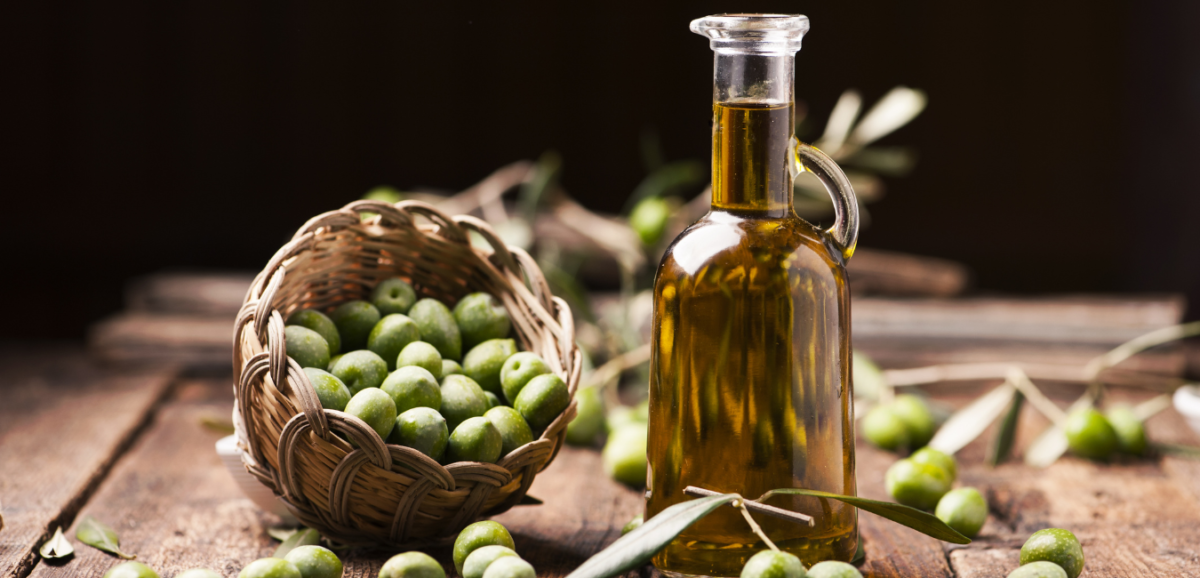Palestine holds some of the world’s oldest olive trees, some of them tracing back almost 5,000 years. It is customary for families to pass down olive trees to their children and grandchildren, entrusting future generations to look after them.
The trees have become deeply important for Palestinian heritage, mirroring the history of the country, with their strong roots symbolising the Palestinian connection to their homeland.

The trees are frequently depicted in artwork, with their roots and branches illustrating the pain of being displaced and uprooted from their land due to occupation and settler colonialism.
At the same time, the olives and leaves represent hope and Palestinian heritage. Every year, particularly during October and November, families and farmers gather for the olive-picking season, a practice which has been carried out for generations. The process is called “al Ouna”, which means helping each other to harvest the same trees as their ancestors.
Although tiring, the olive-harvesting season is enjoyed by Palestinians as it brings together people in the community and is a source of income.

Olives and olive oil can be found in almost every Palestinian household, as well as other products made from the tree, such as cosmetics and natural soaps.
During periods of tensions, Palestinians will gather to protect their olive trees from burning, vandalism or uprooting, demonstrating how essential they are to the life and livelihoods of Palestinians.




